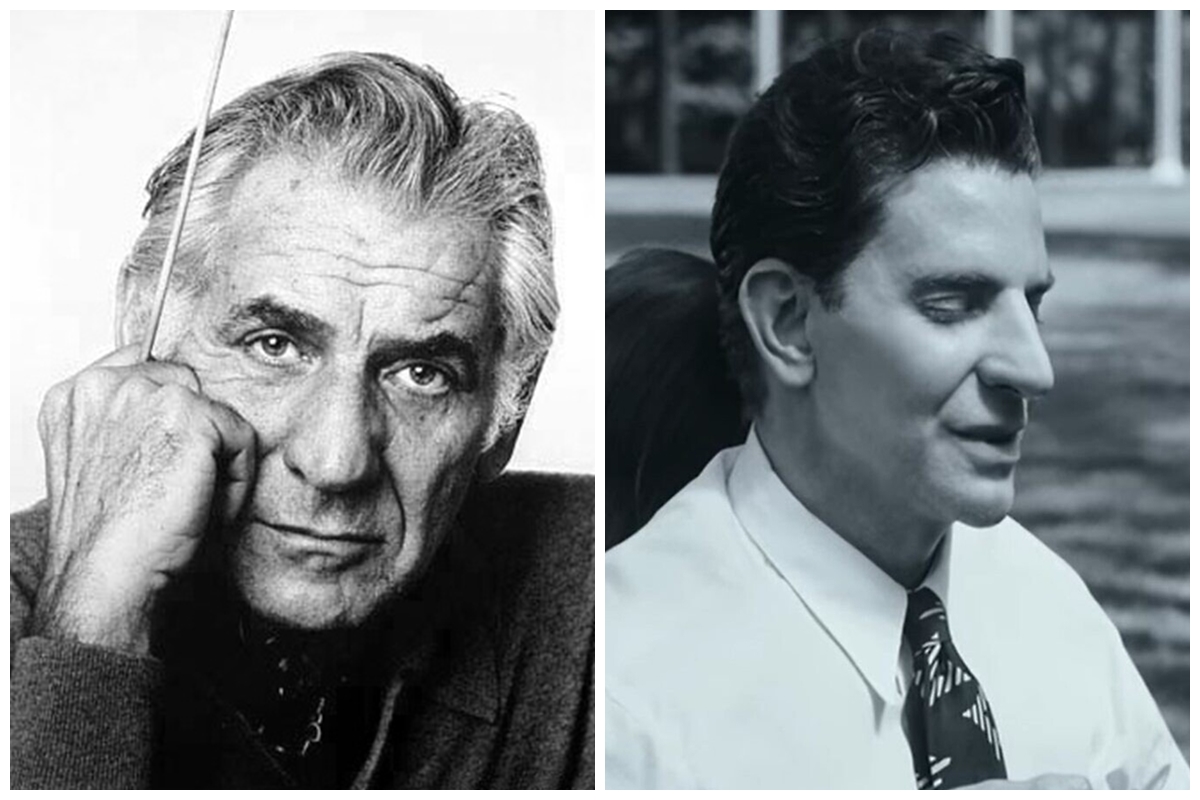“Maestro” is an upcoming American biographical drama film that delves into the life and relationship of American composer Leonard Bernstein and his wife Felicia Montealegre. The movie stars Bradley Cooper in the role of Leonard Bernstein. To better understand the significance of this portrayal, let’s take a closer look at who Leonard Bernstein was.
Leonard Bernstein, a multifaceted American figure, was renowned as a conductor, composer, pianist, music educator, author, and humanitarian. His influence on the world of music was immense, earning him the distinction of being one of the most significant conductors of his era and the first American conductor to achieve international recognition.
Advertisement
Bernstein’s remarkable works:
One of Bernstein’s most iconic works is the Broadway musical “West Side Story,” a production that continues to captivate audiences around the globe and has been adapted into feature films in both 1961 and 2021.
Notably, Bernstein served as the music director of the New York Philharmonic and conducted leading orchestras worldwide, leaving behind a substantial legacy of audio and video recordings.
Bernstein devoted himself to making music accessible and enjoyable to people of all backgrounds. He achieved this through numerous national and international broadcasts, including the “Young People’s Concerts” with the New York Philharmonic. His educational endeavors, including the authoring of several books and the establishment of two major international music festivals, left a lasting impact on generations of aspiring musicians.
Throughout his life, Bernstein contended with asthma, which exempted him from military service during World War II.
Leonard Bernstein’s relationships:
On September 9, 1951, Bernstein married actress Felicia Montealegre Cohn, and together they had three children: Jamie, Alexander, and Nina. The forthcoming film “Maestro” will explore this family dynamic.
Find details of the cast, plot and release date of ‘Maestro’ here.
In his personal life, Bernstein maintained relationships with both women and men. In April 1943, he sought advice from Aaron Copland about navigating his identity as a gay man in the public eye. These relationships continued until Bernstein’s passing on October 14, 1990.
Bernstein publicly announced his retirement from conducting on October 9, 1990, just days before his passing at the age of 72. He succumbed to a heart attack induced by mesothelioma, a condition exacerbated by his history of heavy smoking, coupled with emphysema that had afflicted him from his mid-50s.
Bernstein’s politics and achievements:
Bernstein received numerous accolades for his contributions to the arts. These included seven Emmy Awards, two Tony Awards, 16 Grammy Awards. In addition, he received the prestigious Lifetime Achievement Award, and the Kennedy Center Honor.
During the 1940s, Bernstein, like many of his peers, involved in various left-wing causes and organizations. Although the US State Department and CBS blacklisted him in the early 1950s, his career suffered little impact.











